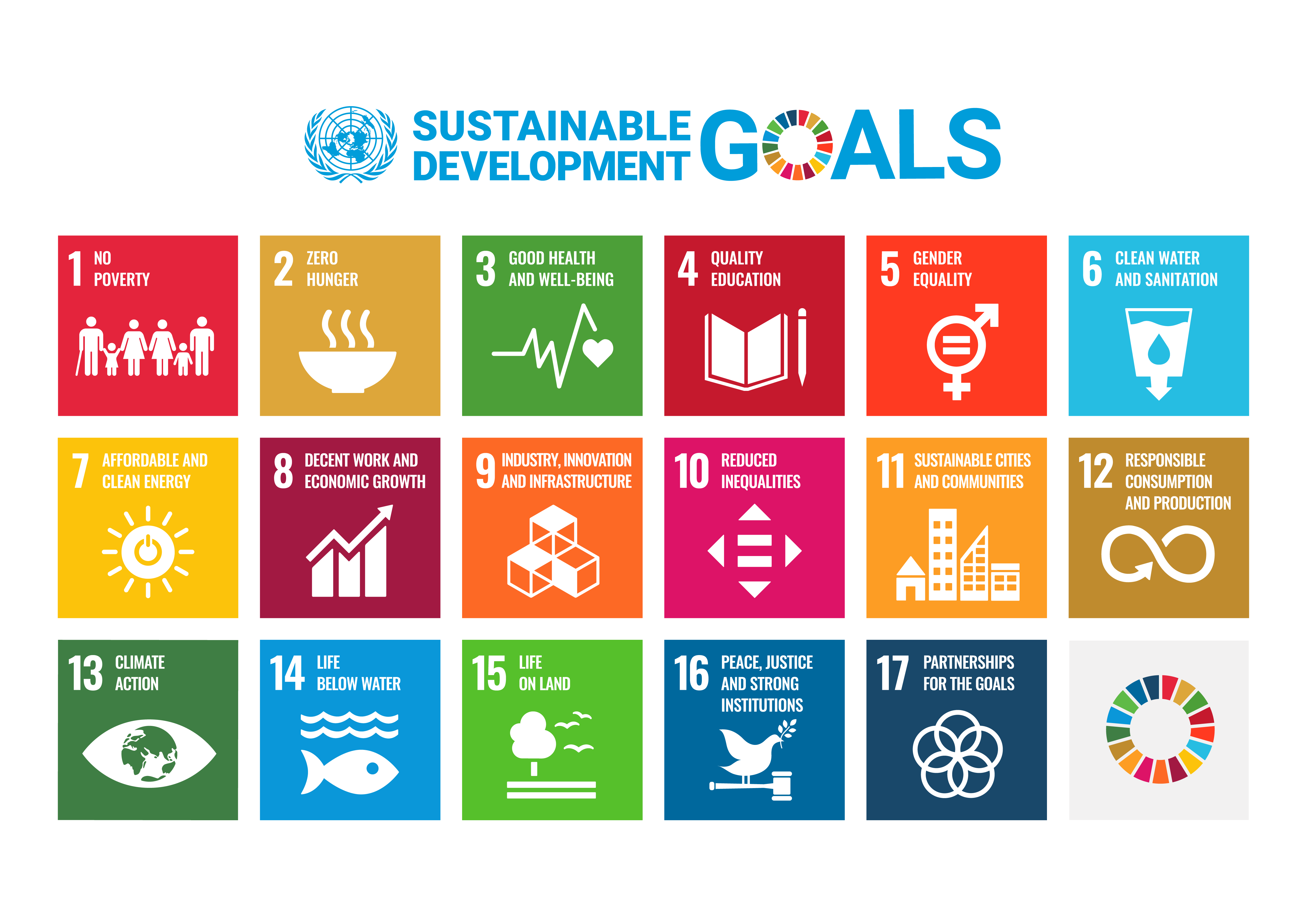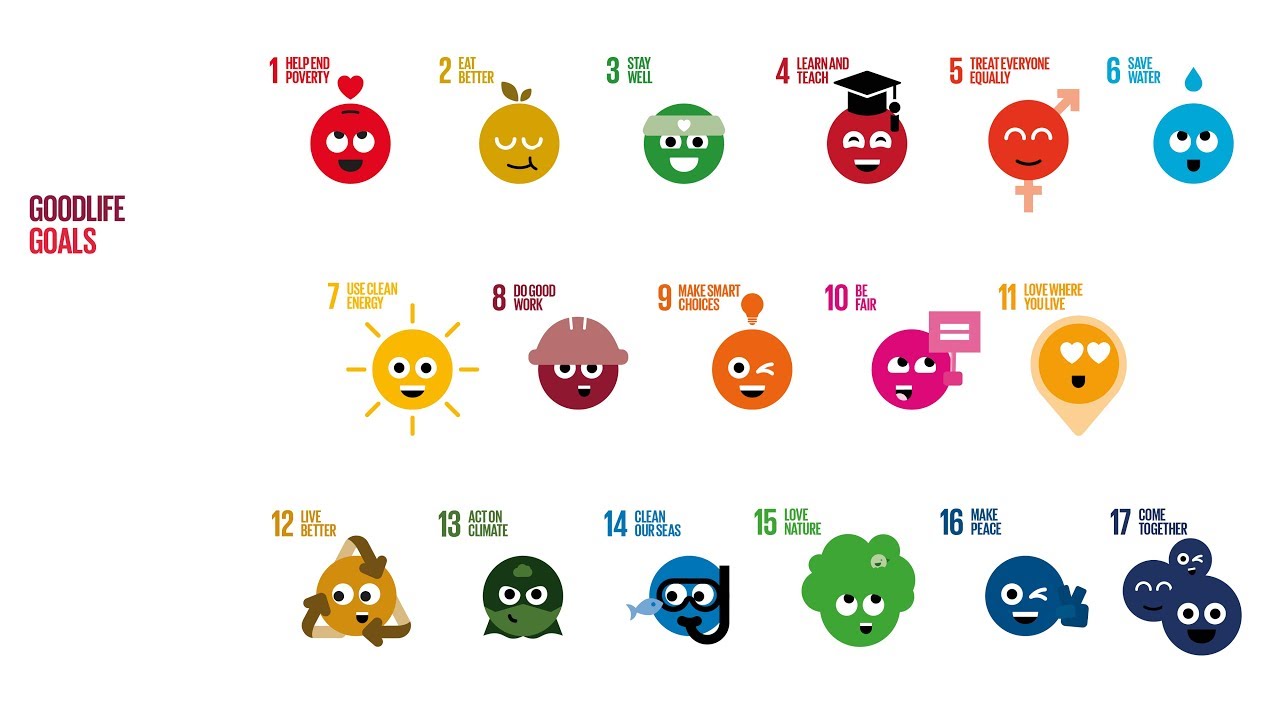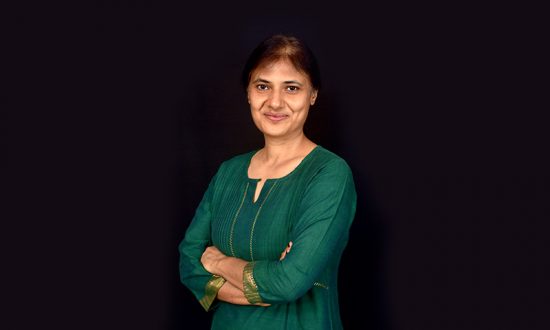Sayalee Joshi is the co-founder of Authentica, an experiential learning company based in Pune. Authentica works with universities from abroad for designing and delivering their short-term study abroad programs across Asia, with a focus on addressing the UN Sustainable Development Goals. Sayalee was part of the Goldman Sachs 10,000 Women program hosted by NSRCEL (IIM-Bangalore), and subsequently, was selected for the Goldman Sachs 10,000 Women Growth Fellowship in March 2021.
“The best way to predict the future is to create it.” Peter Drucker.
So how do each one of us, belonging to various socio-economic, cultural and geographic backgrounds share and contribute to a common vision for a better future? Well, the United Nations’ Sustainable Development Goals (UN SDGs) offers us a blueprint for this! UN SDGs are relevant to each us because they offer an integrated approach to balance the three dimensions of sustainable development: the economic, social and environmental. The list of 17 SDGs and 169 targets were announced during the United Nations Sustainable Development Summit on 25 September 2015. The goal? To stimulate action over the next 15 years in areas of critical importance for: People, Planet, Prosperity, Peace and Partnership.

Many governments across the world are already using the SDG framework for strategic planning, implementing policies and regulations. In addition to making the world a better place, the SDGs provide a framework for businesses to align their operations with, so that they can: a) be on top of how the national and/or local policy and regulatory environment will evolve, and b) actively maintain and strengthen their capability to operate in their sectors. A PWC report states that such companies will also have a distinct competitive advantage over those companies that neither understand their contribution to the SDGs nor revise their strategies accordingly. The report also provides insights to companies on how they can create economic, social and environmental value for various stakeholders. Forward thinking companies who have already embraced the SDG framework report the following benefits:
- lower cost of debt and equity (as the market recognizes they are lower risk and rewards them accordingly)
- outperform the market in medium and long term
- reduced operational, reputational and regulatory risk
- decreased operating and supply chain costs
- potential of entering new markets and/or product innovation
So, how does a company go about choosing which SDGs to focus on: after all, there are 17 of them and hardly any entity could claim to meaningfully address ALL of them! One good news is that the SDGs are not mutually exclusive – hence, addressing one could lead to a direct or indirect impact on multiple SDGs. Companies can start by referring to the SDG Selector Tool on PWC website.
But how about individuals? How can we make an impact? One good resource is the Good Life Goals shaped by collaborators including UN Environment, UNESCO and WBCSD.

The Good Life Goals not only help give individuals a concrete action plan to address each SDGs in their own way, but also help businesses understand how the actions and lifestyles of their customers link to the SDGs. This knowledge can help companies and brands engage genuinely and effectively with their customers. This also has the potential for the companies to evolve and innovate their products and services to not only help address the SDGs but also make their users feel better about being associated with such brands.
Guided by the SDGs, it is now up to all of us – governments, businesses, civil society and the general public – to work together to build a better future for everyone. Global Goals website offers various resources, including detailed information about each goal, organizations that we can support and inspiring reports about what people around the world are doing actively to address the SDGs.
Here’s an example of how my company (Authentica) has committed to UN SDGs. Our mission is to design and deliver experiential learning programs that are aligned with UN SDGs. All of our programs prioritize the wellbeing of local communities while helping students manage their carbon footprint. In addition to implementing best practices in sustainability, we have co-authored The Forum on Education Abroad’s Guidelines for Advancing the UN Sustainable Development Goals through Education Abroad and sponsored an award for institutions that have made significant progress towards the SDGs.
It is my sincere wish that more businesses will consider aligning themselves with the SDGs. As Margaret Mead said it best, “Never doubt that a small group of thoughtful, citizens can change the world. Indeed, it is the only thing that ever has!”


